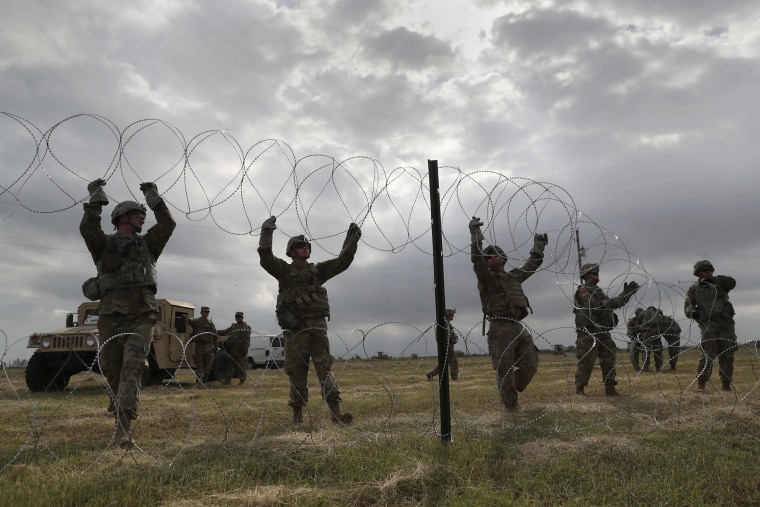 In February 2018, former Brazilian President Michel Temer, gave command over law enforcement in violence wracked Rio de Janeiro to Army General Braga Netto, Commander of the Eastern Military division in Brazil, which includes Rio. This was the first time since the end of the military dictatorship and the since the promulgation of the 1988 Constitution that such a federal intervention into law enforcement was triggered in Brazil.
In February 2018, former Brazilian President Michel Temer, gave command over law enforcement in violence wracked Rio de Janeiro to Army General Braga Netto, Commander of the Eastern Military division in Brazil, which includes Rio. This was the first time since the end of the military dictatorship and the since the promulgation of the 1988 Constitution that such a federal intervention into law enforcement was triggered in Brazil.In October 2018, US President Donald Trump, threatened to send the US military to close down the southern border if Mexico failed to halt the caravan of migrants fleeing violence in their countries (Honduras, El Salvador and Guatemala) and who the US President says are threatening to "invade" the US. Between 2014 and 2016, the NGO Casa Alianza reported that approximately 2,300 people under the age of 23 were killed by violence in Honduras. That figure has increased by 53% since Juan Orlando Hernandez became President.
In April 2018, President Trump announced that we would be "guarding our border with the military" until Congressional support for the building of a wall could be secured. At that time members of the National Guard were deployed under state authority. President Trump has now ordered active-duty military forces (Title 10 forces) to the US-Mexican border. Just Security has analyzed what sort of support the military can provide. Unlike Title 32 members of the National Guard, Title 10 forces (active-duty military) under federal authority, are prohibited from taking a direct role in law enforcement activities by the Posse Comitatus Act of 1878.
The military border mission, named Operation Faithful Patriot, only authorizes indirect military assistance to law enforcement. Any force or physical violence or use of weapons is prohibited.
No comments:
Post a Comment
Comments are subject to moderation and must be submitted under your real name. Anonymous comments will not be posted (even though the form seems to permit them).